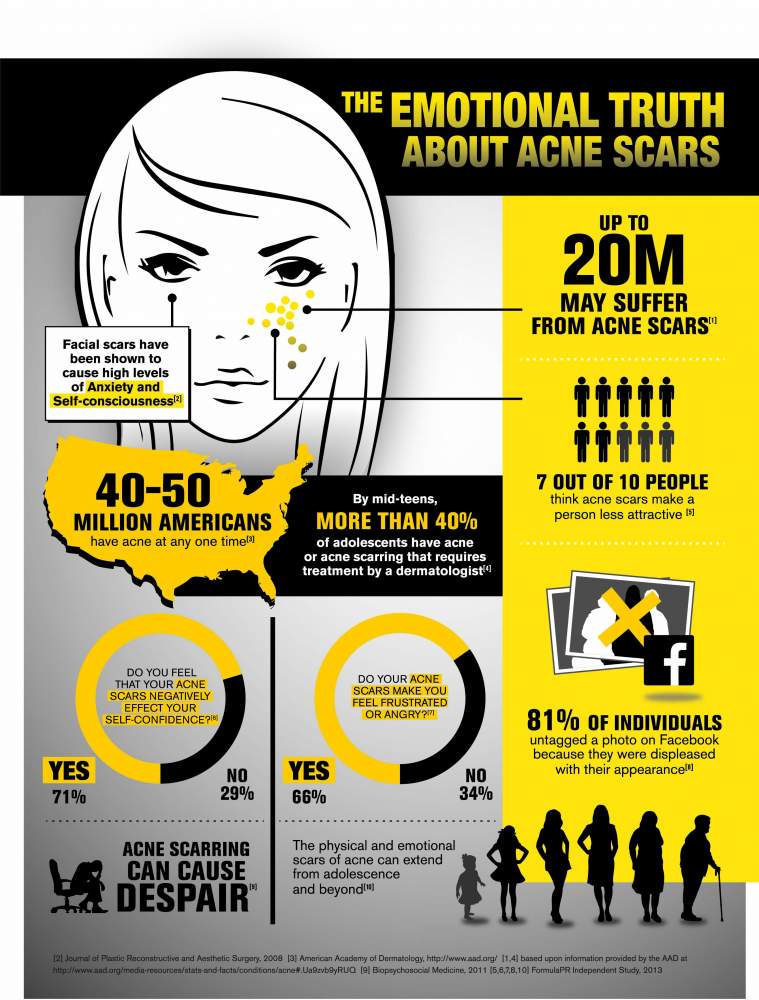Misconceptions And Truths About Acne: Debunking Common Misconceptions
Misconceptions And Truths About Acne: Debunking Common Misconceptions
Blog Article
Personnel Author-Haney Kjeldsen
You could believe that enjoying chocolate or oily foods is the source of your acne, however that's simply among numerous misconceptions swirling around this common skin condition. As a matter of fact, acne primarily comes from stopped up hair roots, not your last treat. Misunderstandings like these can lead you to embrace inadequate skincare practices that might even worsen your situation. As you navigate the realities behind acne, you'll discover insights that might transform your method to skin care and help you accomplish more clear skin. So, what really lies below the surface area?
Common Myths Regarding Acne
When it concerns acne, many people believe in usual misconceptions that can result in complication and irritation. One common myth is that eating chocolate or greasy foods creates acne. While diet can affect skin wellness, the straight web link in between particular foods and acne isn't as specific as numerous believe.
One more usual misunderstanding is that you must scrub your face strongly to improve outbreaks. Actually, aggressive scrubbing can aggravate your skin and intensify acne.
You might also think that acne just affects young adults, but adults can experience it also, usually as a result of hormone adjustments or stress and anxiety. Some individuals believe that tanning can clean up acne, but sunlight direct exposure can actually cause skin damages and get worse breakouts over time.
Last but not least, lots of think that making use of severe items will eliminate acne promptly. However, these items can strip your skin of its natural oils, leading to increased irritation and more breakouts.
Scientific Information Behind Acne
Understanding the clinical facts behind acne can equip you to tackle this typical skin disease more effectively.
Acne takes place when hair follicles come to be clogged with oil, dead skin cells, and germs. This process typically starts with an overproduction of sebum, the oil your skin naturally creates. Hormonal changes, especially during puberty or menstrual cycle, can activate this excess oil.
Bacteria called Propionibacterium acnes grow in these stopped up pores, leading to swelling. When your body immune system responds, it can create redness and swelling, resulting in those pesky pimples or cysts.
Genetics likewise contribute; if your moms and dads had acne, you could be much more susceptible to it.
Diet regimen and stress degrees can affect acne also, but research study is still progressing in these locations. While indulging in greasy foods won't directly create outbreaks, a well balanced diet can support your skin wellness.
Furthermore, managing stress can decrease hormonal changes that may aggravate acne.
Tips for Taking Care Of Acne
Managing acne properly requires a mix of daily skin care behaviors and lifestyle changes. Start by establishing a regular skin care regimen. Cleanse your face twice a day with a gentle, non-comedogenic cleanser to eliminate dirt and excess oil. Stay clear of rubbing also hard, as this can aggravate your skin and intensify acne.
Next, integrate items consisting of salicylic acid or benzoyl peroxide to help stop outbreaks. Constantly follow up with how much is coolsculpting for arms , oil-free moisturizer to maintain your skin hydrated. Do not forget sunscreen; opt for non-comedogenic options to secure your skin from UV damages without clogging pores.
Past skincare, pay attention to your diet plan. Limit sugary and greasy foods, and concentrate on fruits, veggies, and entire grains. Remaining moisturized is essential, so drink plenty of water throughout the day.
In addition, take care of stress via activities like yoga exercise, meditation, or exercise, as stress can activate outbreaks.
Last but not least, avoid picking or popping pimples. This can lead to scarring and additional swelling. If your acne continues, seek advice from a skin specialist for customized treatment choices.
Verdict
In conclusion, it's essential to separate fact from fiction when it involves acne. By disproving common misconceptions, you can better recognize your skin and make informed options for your skin care regimen. So, why continue to rely on out-of-date ideas when the truth can encourage you? Embrace healthier behaviors, focus on gentle cleaning, and keep in mind that handling acne is a trip. With the right understanding, you're one step more detailed to more clear, much healthier skin.
